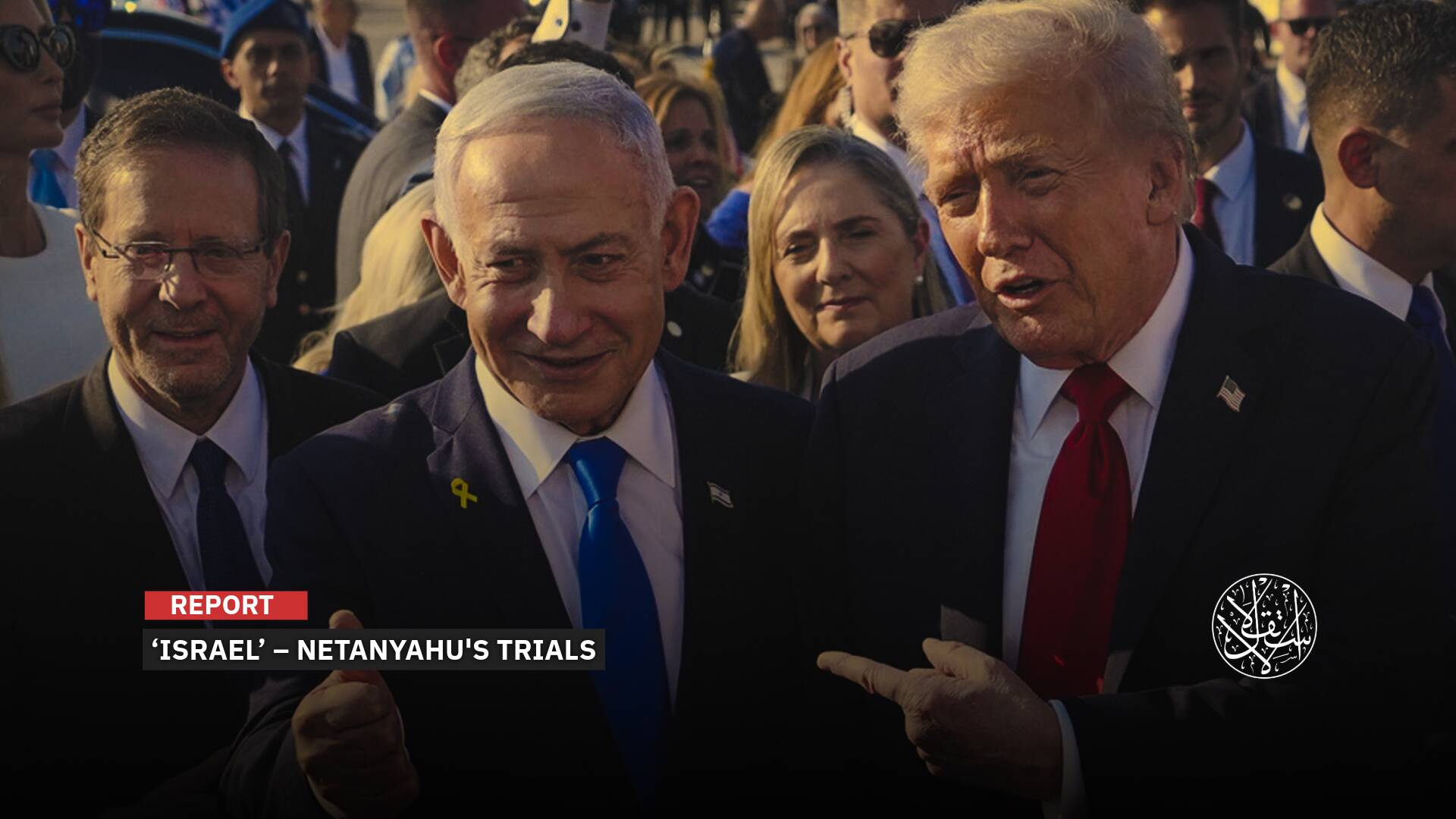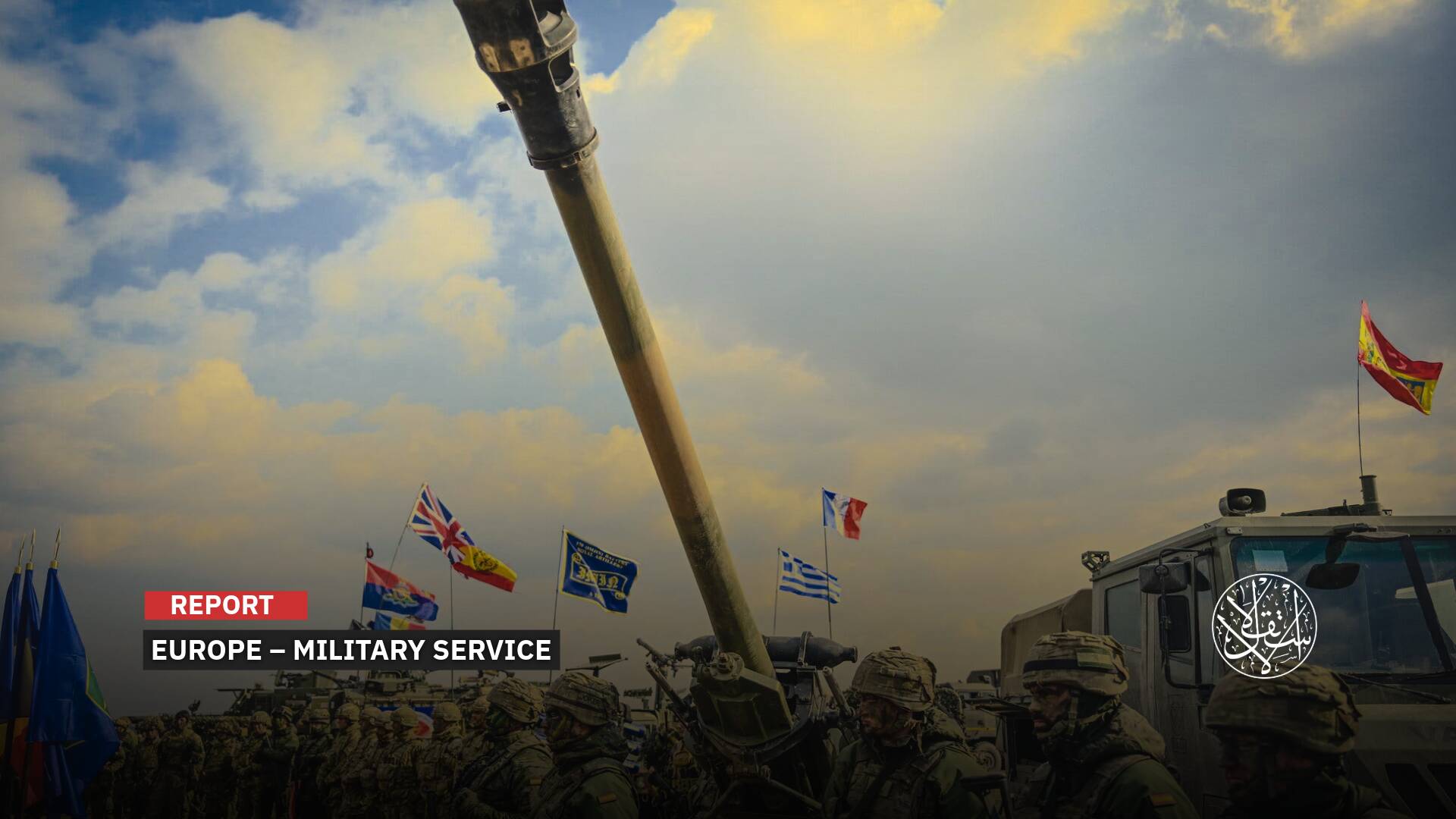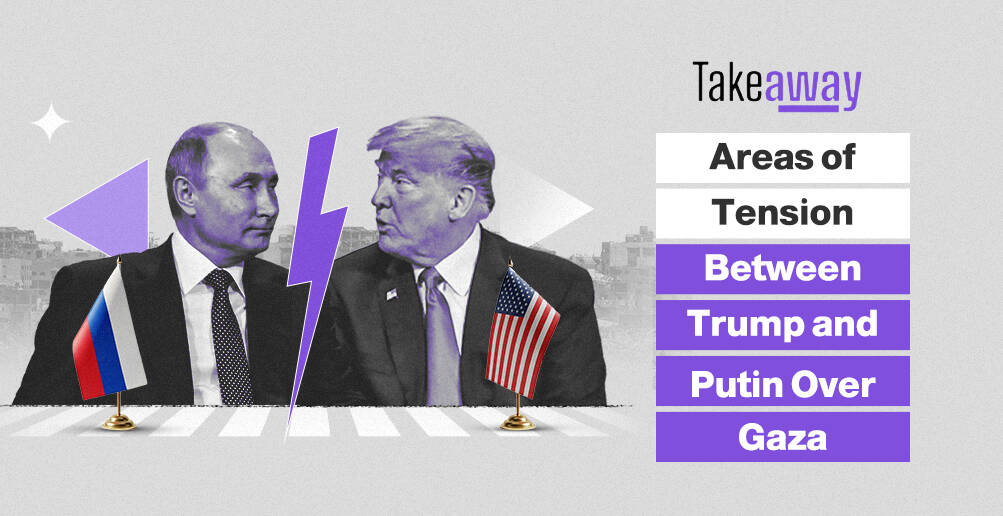Extremist Motives: This Is How Violence against Politicians Threatens Democracy in Germany

“German police figures show violence against elected representatives has almost doubled in the past five years.”
In the context of a tense election campaign paving the European Parliament's elections in June 2024, attacks on politicians and elected actors in Germany recently intensified.
The regional elections in Germany in September 2024 will double the increasing internal anxiety over the intensification of this phenomenon, especially if the federal government is not able to address its deterioration.
Against the background of the increasing verbal and physical attacks on politicians in Germany, chancellor Olaf Scholz urgently appealed to the citizens of his country and the security services to confront this violence that threatens democracy.
“If an attack with a political motive is confirmed just a few weeks from the European elections, this serious act of violence would also be a serious act against democracy,” Germany's Interior Minister Nancy Faeser said in a statement.
“Recent attacks on politicians are reminiscent of the darkest chapter in German history,” said Hendrik Wust, the conservative premier of North Rhine-Westphalia.
This poisoned atmosphere in Germany pushed three thousand people in Dresden and about a thousand people in the capital, Berlin, to get out of demonstrations on the evening of May 5, condemning the violence for political motives.
Violence against Politicians
The almost daily violence wave this month against German officials shocked political circles, knowing that the attacks and violence against politicians in Germany have doubled twice during the past five years.
On May 2, 2024, unidentified persons attacked Katrin Dagmar Goring-Eckardt and Rolf Fliess after a Greens party event in Essen.
On May 3, Matthias Ecke, a member of German Social Democrats (SPD) party, was transferred to the hospital after being injured in the face while hanging electoral posters for the European elections, as a result of an attack by four young men.
On May 7, SPD politician Franziska Giffey, the city's top economic official, a former mayor and an ex-federal minister, was struck, while she was in a library in Berlin, as a blow to her head by a 74-year-old man.
On May 9, two regional deputies, Miguel Klauss and Hans-Jurgen Gossner of the Alternative Party for Germany (AfD), were slightly injured as a result of being attacked by young men in Stuttgart.
Yvonne Mosler (the Green Party) were also stampede and threatened while hindering electoral posters in the capital of Saxony.
Last year, 234 violent physical attacks occurred against politicians and representatives of political parties, which represents a sharp rise compared to the previous year, according to temporary statistics, although the number in the past years was greater than that.

Serious Act
Amid the increasing violent operations against politicians, criticism of the law and the penalties attached to the aggressors came out.
The interior minister for the northeastern state of Brandenburg, Michael Stubgen, said that the safety of politicians unfortunately is not well protected by the criminal law, calling on the ministers of justice to address this issue.
Mayor of Leipzig Burkhard Jung criticized the German law, noting that exposure to insults has become normal, and the judiciary does not move.
The Minister of Justice of the state of Saxony, Katja Mayer, also considered that the penalties for attacks against elected officials should be tightened and not tolerance of this phenomenon, pledging to consider more strict penalties.
Berlin's current mayor Kai Wegner said anyone who attacked politicians was attacking German democracy, vowing to examine tougher sentences for attacks against politicians.
On May 7, 2024, state interior ministers agreed to study the tightening of law against this type of attack.
Interior Minister Nancy Faeser recommended sending a very clear package to the aggressors.
Armin Schuster, the Minister of the Interior in the state of Saxony, where an important regional vote is scheduled to be held in September, said that 112 political violent incidents linked to the elections there have been registered since the beginning of the year.
Marco Buschmann, a German lawyer and politician of the Free Democratic Party (FDP), expressed his conviction that the increasing aggression against politicians could not be attributed to more severe sanctions.
AfD co-leader Tino Chrupalla considered this nonsense, explaining that the politician is not better than an employee or an ordinary employer.
Many observers warn that this current atmosphere is similar to the atmosphere, which was in control of the last era of the Weimar Republic (Germany from 1919 to 1933) that was characterized by political violence.

Extremists and Populists
SPD officials from the state of Saxony have highlighted the role of the far-right AfD party and other right-wing extremists in the rising attack.
They considered that AfD supporters had begun to view political rivals as opponents who must be overthrown.
“Their supporters are now completely unfettered and clearly see us democrats as a game,” said Henning Homann and Kathrin Michel, regional leaders of the SPD.
Other German politicians also considered that the extremist leaders did not strike directly, but they contributed to creating a social climate in Germany that encouraged attacks on politicians, activists, and volunteers.
German police said that at least one of the attackers of European Parliament member Ecke in Dresden appeared to be influenced by far-right ideology.
A subsequent investigation by the German newspaper Sueddeutsche Zeitung and German public broadcasters found that 3 of the group's members that hacked Ecke were linked to a far-right organization, known as Elblandrevolte.
As for Rep. Mosler, she was approached by two attackers within a group of people, at least one of whom allegedly shouted, "long live Hitler."
After the attack on Rep. Ecke, more than a hundred German politicians from various parties issued a joint statement considered the attack to be a blow to everyone and to democracy, while the German newspaper Der Spiegel indicated that no members of the Alternative for Germany party had signed that statement.

In 2019, the murder of Walter Lübke, a Christian Democratic Union (CDU) politician who had supported Angela Merkel’s welcoming of refugees, by a neo-Nazi was seen by many Germans as a somber turning point in the country’s postwar history.
This was the first time a politician was assassinated by a far-right extremist in Germany since World War II.
Since its founding about a decade ago, AfD has been causing controversy over its extreme political and nationalist tendencies.
A few years ago, one of its founders, Alexander Gauland, refused to consider the Nazi era a cause for shame.
Some party members were also caught glorifying Nazism, vowing to come to power in the style of Adolf Hitler's party, at the beginning of the 1930s.












